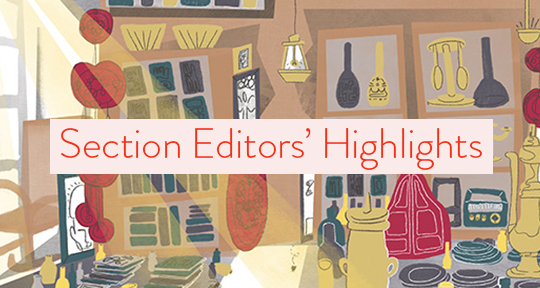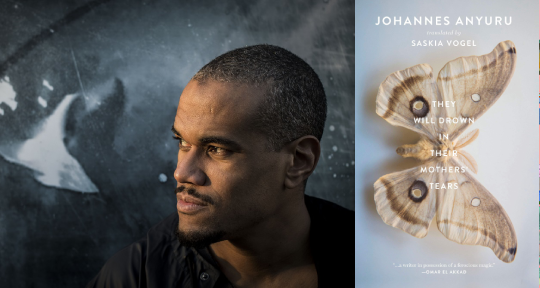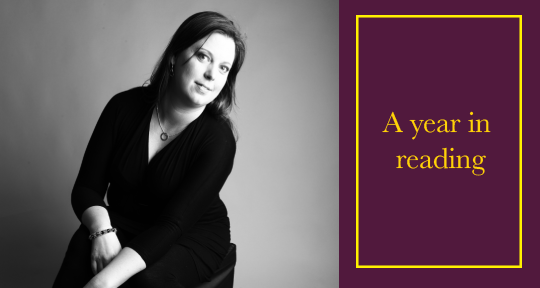This week, our writers bring you the latest news from Singapore, Argentina, Sweden, and Malaysia. In Singapore, the shortlist for the Singapore Literature Prize was announced; in Argentina, the Asociación Argentina de Traductores e Intérpretes has been celebrating National Translation month with a series of talks; in Sweden, the annual crime fiction festival Crimetime has begun; and in Malaysia, Erica Eng became the first Malaysian winner of the Eisner Award. Read on to find out more!
Shawn Hoo, Editor-at-Large, reporting from Singapore
Singapore’s premier literary award, the biennial Singapore Literature Prize, held a virtual awards ceremony for the first time last night, and handed out prizes across the nation’s four official languages (Malay, Tamil, Mandarin, and English). Notably, Marylyn Tan made history with her queer and transgressive poetry collection, GAZE BACK, when she became the first woman (and lesbian) writer to win the top prize for Poetry in English. Other big winners include Wong Koi Tet (published by City Book Room) and Sithuraj Ponraj, who walked away with two prizes each. Evidently, the arts have continued to feel the negative repercussions of the pandemic, as the top prize money was slashed from SGD$10,000 to SGD$3,000 this year due to a lack of funding.
Prior to the ceremony, Unggun Creative’s Jamal Ismail—who won the Merit Award for his novel Tunjuk Langit (Pointing the Sky)—had bemoaned the lesser prize money, but wondered if winners could alternatively be awarded the “translation of their works into other languages.” Literary translations across languages in Singapore remain an under-tapped potential.
Hearty congratulations to previous Asymptote contributors who made the shortlist: Hamid Roslan, for his inventive and cacophonous bilingual collection of poetry, parsetreeforestfire; and Amanda Lee Koe, for Delayed Rays of a Star, a novel that unfolds an ambitiously transnational history through the lives of cinema icons Anna May Wong, Marlene Dietrich, and Leni Riefenstahl.
In other prize-related news, the Epigram Books Fiction Prize—formerly reserved for Singaporean writers—was for the first time this year open to submissions from Southeast Asia. This year’s winning novel, How the Man in Green Saved Pahang, and Possibly the World, is written by Kuala Lumpur-born Joshua Kam and has just been released. Pre-orders are underway for the books by the other finalists who hail from across the region. With the emphasis on regional submissions continued for next year, the Singapore-based prize looks set to become an important institution shaping the regional English-language publication scene.
Finally, an online symposium held on August 12 explored the role of the anthology in Singapore’s literary ecosystem, and put the nation’s feast of anthologies into focus. In fact, the latest anthology to arrive just this month, Food Republic: A Singapore Literary Banquet (eds. Ann Ang, Daryl Lim Wei Jie, and Tse Hao Guang), describes itself as a literal feast: “a buffet, a banquet, an omakase, a smorgasbord, a nasi padang spread, a thali or a rijsttafel.”





